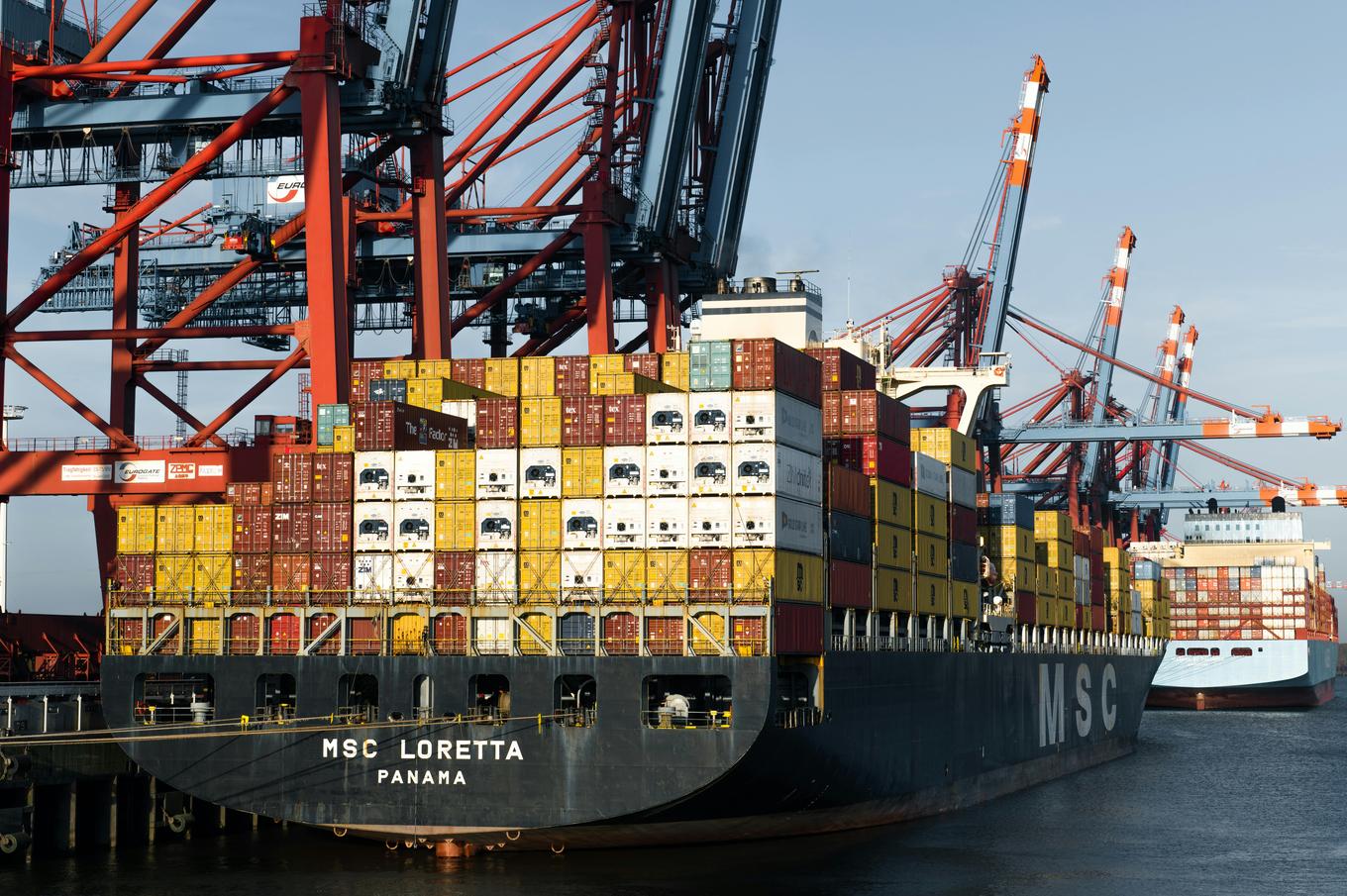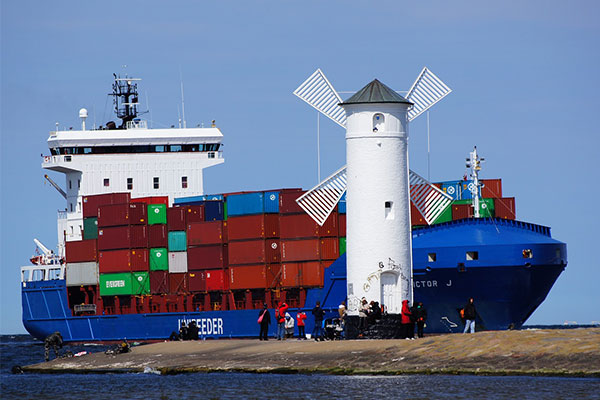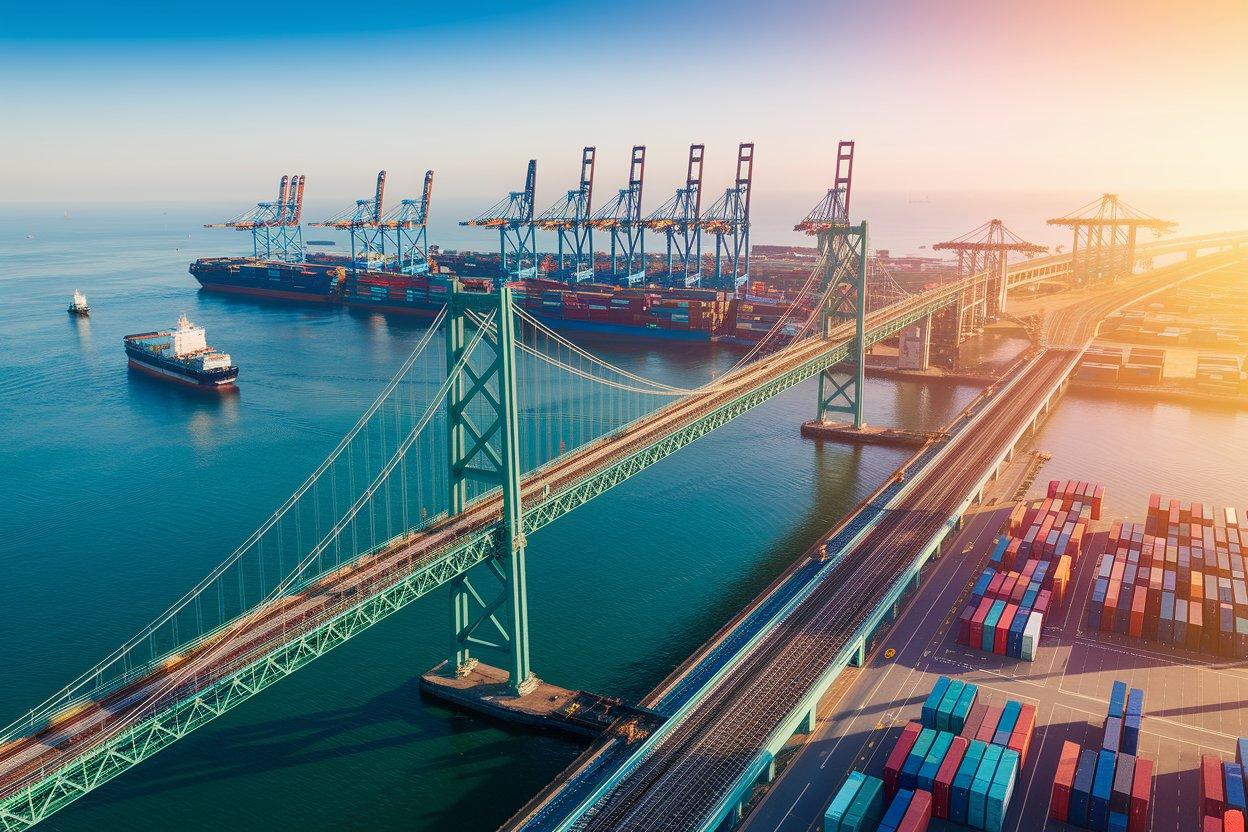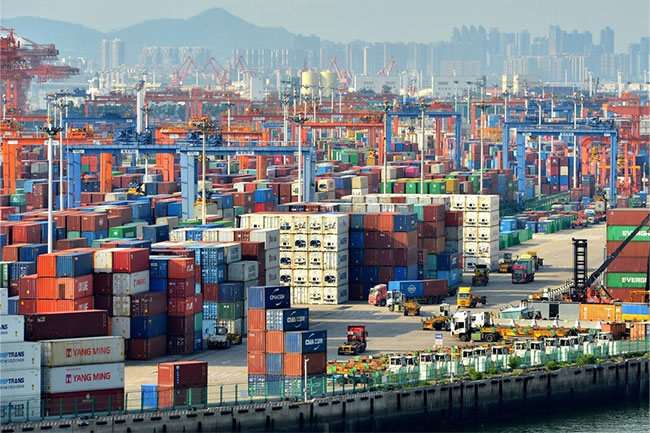- Shanghai Zhongshen International Trade Co., Ltd. - Two decades of trade agency expertise.
- Service Hotline: 139 1787 2118
Home » Trade Essentials » How much does export agency service actually cost? These 8 questions will help you uncover all the hidden fees.
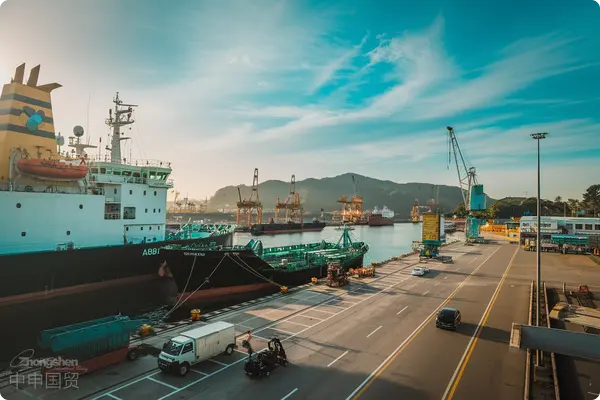
Contents
ToggleExport RepresentationHow is the basic service fee calculated?
The mainstream charging models in 2025 will exhibitCombination pricingFeatures:
- Charges based on percentage of cargo value: Generally within the range of 0.8%-1.5%, applicable to conventional goods.
- Charged by container: The full container service fee is approximately $150-$300 per container, while the LCL (Less than Container Load) service fee is $50-$80 per CBM.
- Fixed operating costs: Basic service fee per shipment: $80-$150 (including customs clearance and document preparation)
Why is there such a big difference in quotes from different agents?
The key differences mainly lie in:
- Scope of Services Definition: Include or not:
- Certificate of Origin Processing (+$15-$30 per copy)
- Customs clearance assistance at destination port (+3%-5% of cargo value)
- Calculation of Financing Costs: Tax refund advance fee rate 0.3%-0.8%/month (must be clearly stated as per new industry regulations in 2025)
Which additional fees are most easily overlooked?
The most common hidden fees reported by customers over the past three years include:
- Container demurrage charges are 200 - 500 US dollars per day: $50-$150 per instance (involving changes to manifest/bill of lading information)
- Special documentation fee: For example:
- Non-hazardous Certificate $80-$120
- Fumigation Certificate $200-$350
- Storage Overtime Fee: $1.5-$3/pallet/day (billing starts after the free storage period)
How will the newly introduced trade policies in 2025 affect fees?
Two new regulations that need special attention:
- EU CBAM Mechanism: Carbon emission accounting service fee increased by $80-$150 per ticket.
- RCEP rules of origin: Compliance review fees have generally increased by 20% (involving multi-country component determination).
How to determine if a quote is inflated?
It is recommended to adoptThree-Comparison Method:
- Compare the detailed quotations from more than three agents horizontally.
- Conduct a vertical comparison of historical data for the same route over the past 6 months.
- Conduct a specialized comparison against the government-published standard fees (such as customs inspection fees, port construction fees, etc.).
What cost benefits can be obtained from long-term cooperation?
High-quality agents will provideTiered rebate:
- Annual shipment volume exceeding $5 million: 0.15%-0.3% service fee rebate.
- Continuous cooperation for over 3 years: Priority access to exchange rate locking services.
- Quarterly Payment Customers: 50% reduction in advance payment deposit.
What are the differences in fees between online platforms and traditional agents?
Data from 2025 shows the main differences are:
- System usage fee: The online platform charges an API integration fee of $20-$50 per month.
- Service fee: The expedited service of traditional agents responds faster but charges 30% higher.
- Customization cost: Offline agents have a price advantage for special packaging solutions.
How to avoid fee disputes through contract terms?
Be sure to clarify the four key clauses:
- Cost adjustment mechanism: Adjustment formula when the agreed exchange rate fluctuation exceeds 3%
- Criteria for Responsibility Allocation: Method of bearing the amendment fee due to the agent's error
- Force Majeure Handling: The cost-sharing ratio under emergencies such as the pandemic
- Dispute Resolution Plan: Preferentially choose the jurisdiction of the China International Economic and Trade Arbitration Commission.
Related Recommendations
Contact Form
? 2025. All Rights Reserved. Shanghai ICP No. 2023007705-2  PSB Record: Shanghai No.31011502009912
PSB Record: Shanghai No.31011502009912
